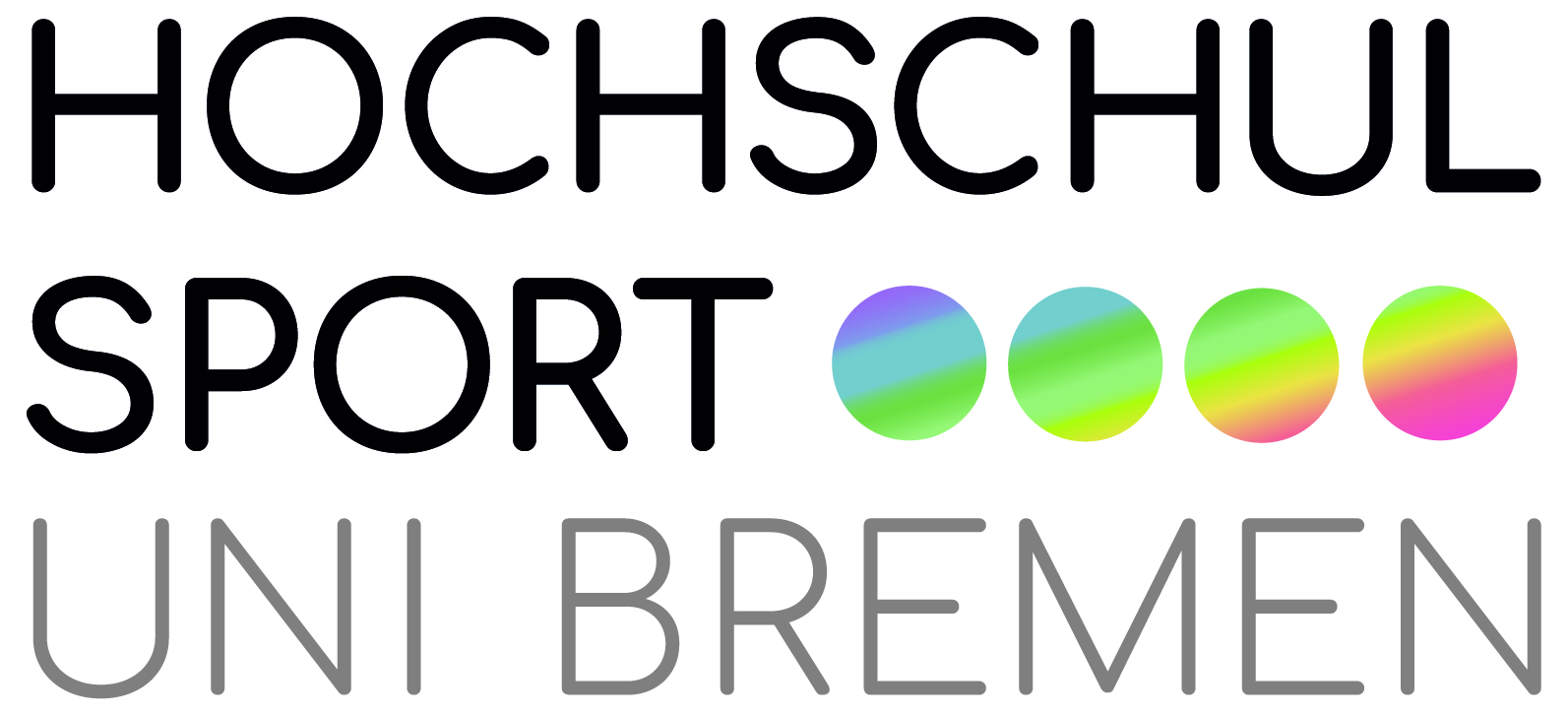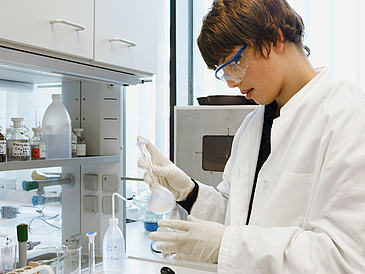The joint cooperation project entitled “Sustainable Chemistry” between the Rübekamp School Center and the University of Bremen has been recognized as an official project 2011/2012 within the framework of the UN World Decade 2005 to 2014. The United Nations has declared the years 2005 to 2014 to be the World Decade for Education and Sustainable Development. This international initiative is a contribution towards anchoring principles of sustainable development in education worldwide.
Four years ago the Center for Environmental Research and Sustainable Technology at the University of Bremen started work on an interdisciplinary teaching plan for pupils in the higher grades. The concept, entitled “Sustainable Chemistry”, entails high-school students attending regular lessons once a week at the University. It was developed in order to supplement the regular school curriculum on general, inorganic, organic and physical chemistry. The additional focus is especially on risk assessment and the sustainability of chemicals for humans and the environment. High-school students also attend foundation courses in biology and politics to learn something about interdisciplinary aspects.
“The project facilitates the transition from high school to university”, says Dr. Doris Sövegjarto-Wigbers, the project leader, for the high-school students also get to know a little about university life. They attend lectures, have contact with research groups, are introduced to the library, and like all students, learn to use the Stud IP Internet platform. “They are properly launched into university life.”
The teaching concept has already received a number several other awards: One of Europe's largest foundations for the promotion of innovative and exemplary environmental projects, the Deutsche Bundesstiftung für Umwelt, funded the launch of the project in 2007 with € 125.000. It was also selected for acclaim by the initiative Deutschland – Land der Ideen.
More information under www.nachem.uni-bremen.de


